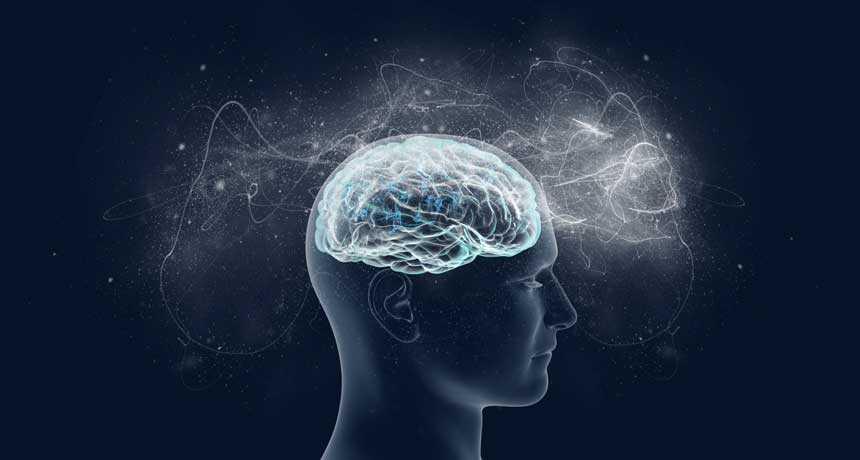Ordinary and altered states of consciousness
Altered states of consciousness can only be defined if there is an understanding of an ordinary state of consciousness.
While scientists can't agree on a clear definition, altered states of consciousness are nevertheless essential to understanding the human mind.
292
2.63K reads
The idea is part of this collection:
Learn more about health with this collection
How to find purpose and meaning in life
How to cultivate gratitude
Techniques for managing negative thoughts
Related collections
Similar ideas to Ordinary and altered states of consciousness
The five altered states of consciousness
- Pharmacological. These altered states include short-term changes caused by psychoactive substances, such as LSD MDMA, cannabis, cocaine, opioids, and alcohol.
- Psychological. Hypnosis, meditation, and music can lead to altered mental states.
The sources of consciousness
At the extremes consciousness can be a side-effect of information processing (neurons firing in our brain causing this feeling of "being me") or panpsychism, the idea that consciousness is fundamental to the structure of the universe (atoms are conscious).
...
The big questions of a scientific world
SF, the good SF at lest, is working on the same big questions we keep asking as human beings, but from a place of scientific understanding rather than assuming everything is God-made:
- What is our purpose in an infinite universe that does not seem to care about us?
- Are we alone ...
Read & Learn
20x Faster
without
deepstash
with
deepstash
with
deepstash
Personalized microlearning
—
100+ Learning Journeys
—
Access to 200,000+ ideas
—
Access to the mobile app
—
Unlimited idea saving
—
—
Unlimited history
—
—
Unlimited listening to ideas
—
—
Downloading & offline access
—
—
Supercharge your mind with one idea per day
Enter your email and spend 1 minute every day to learn something new.
I agree to receive email updates
